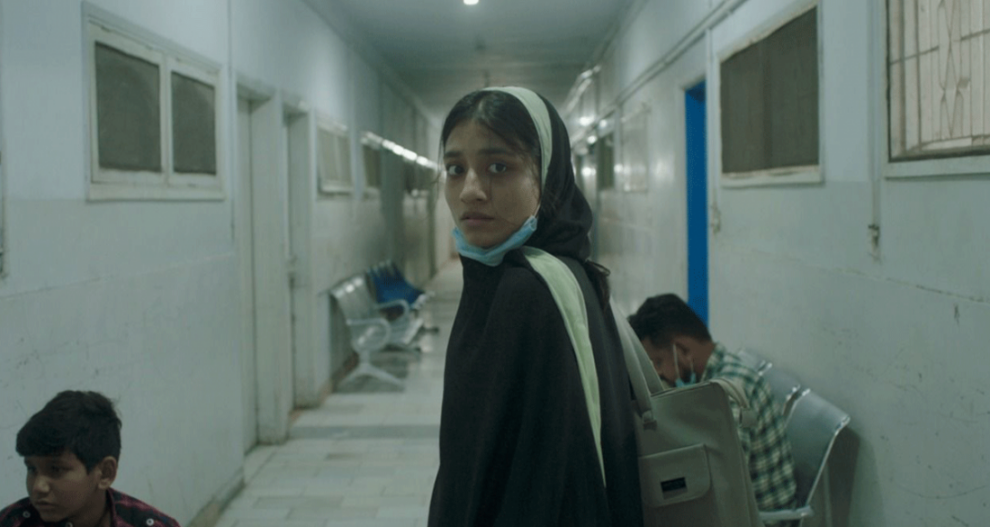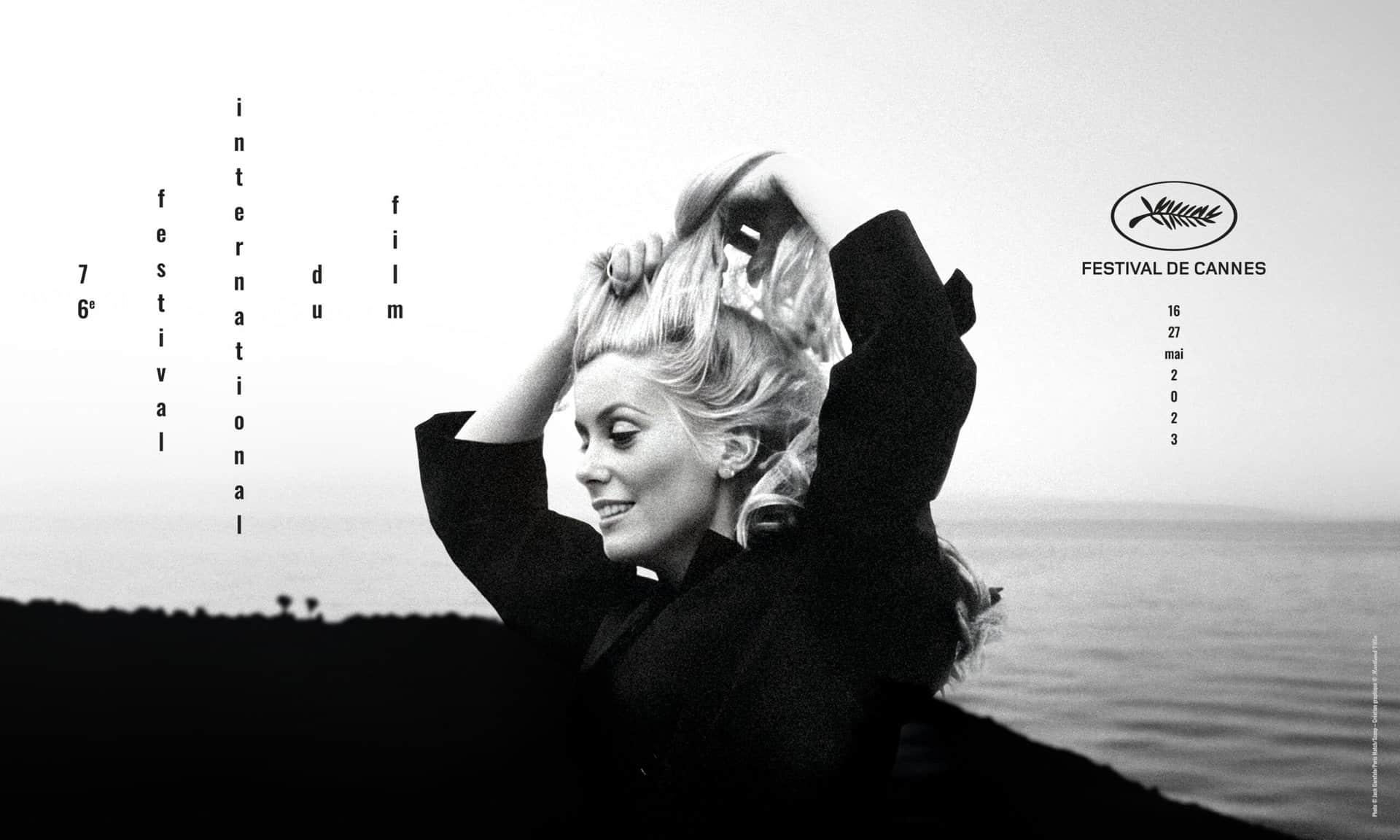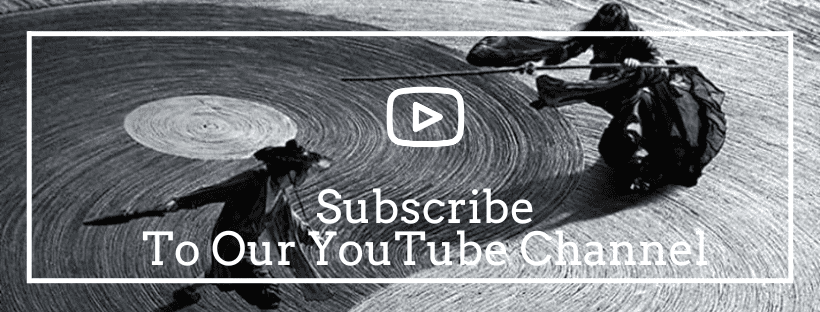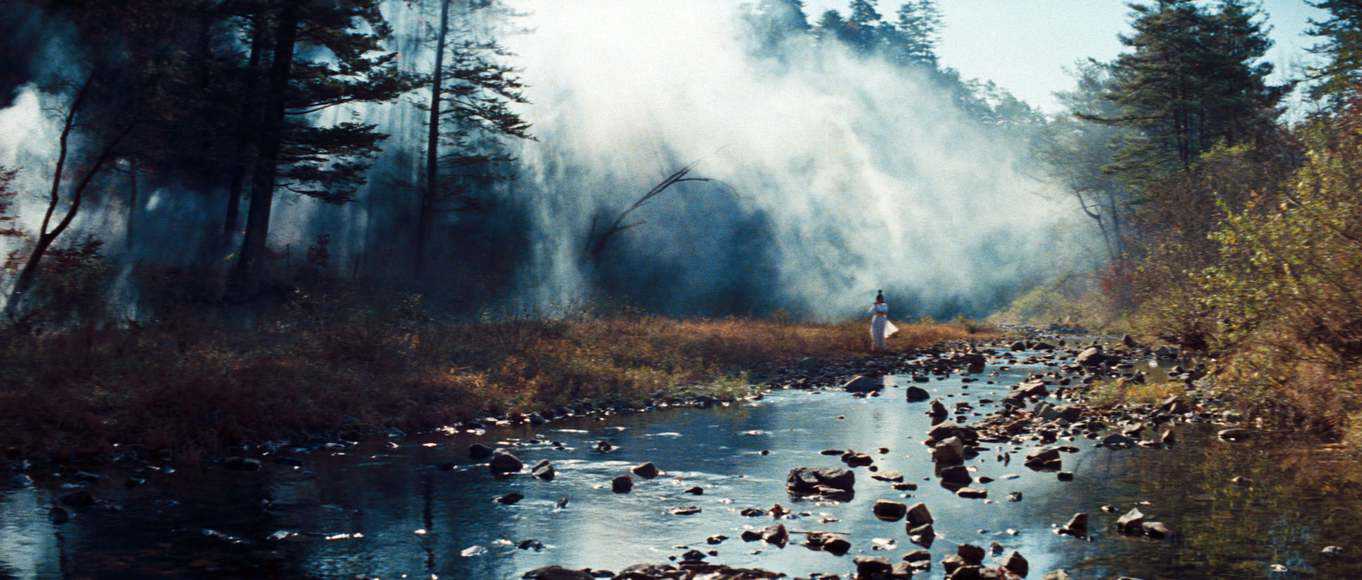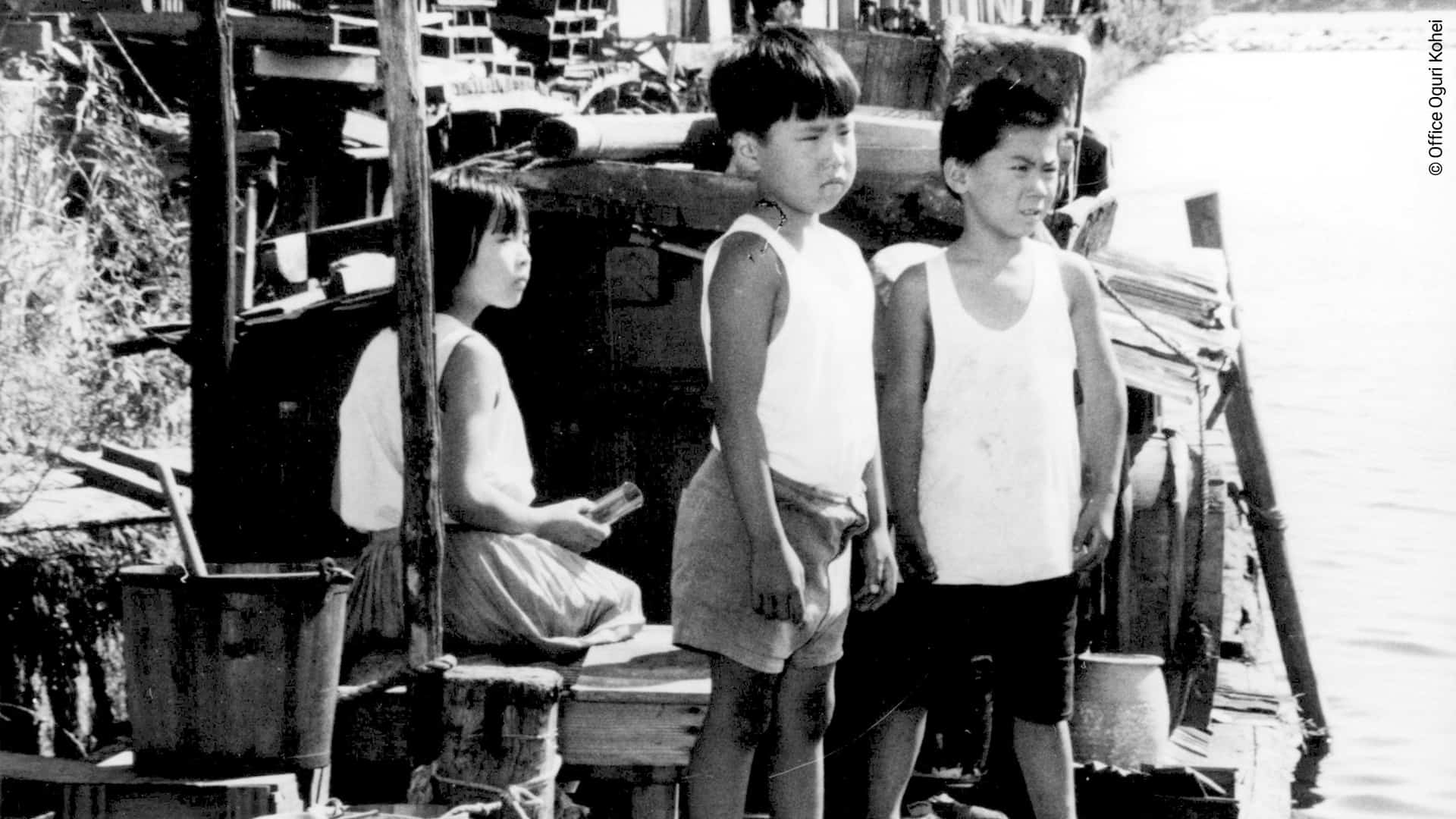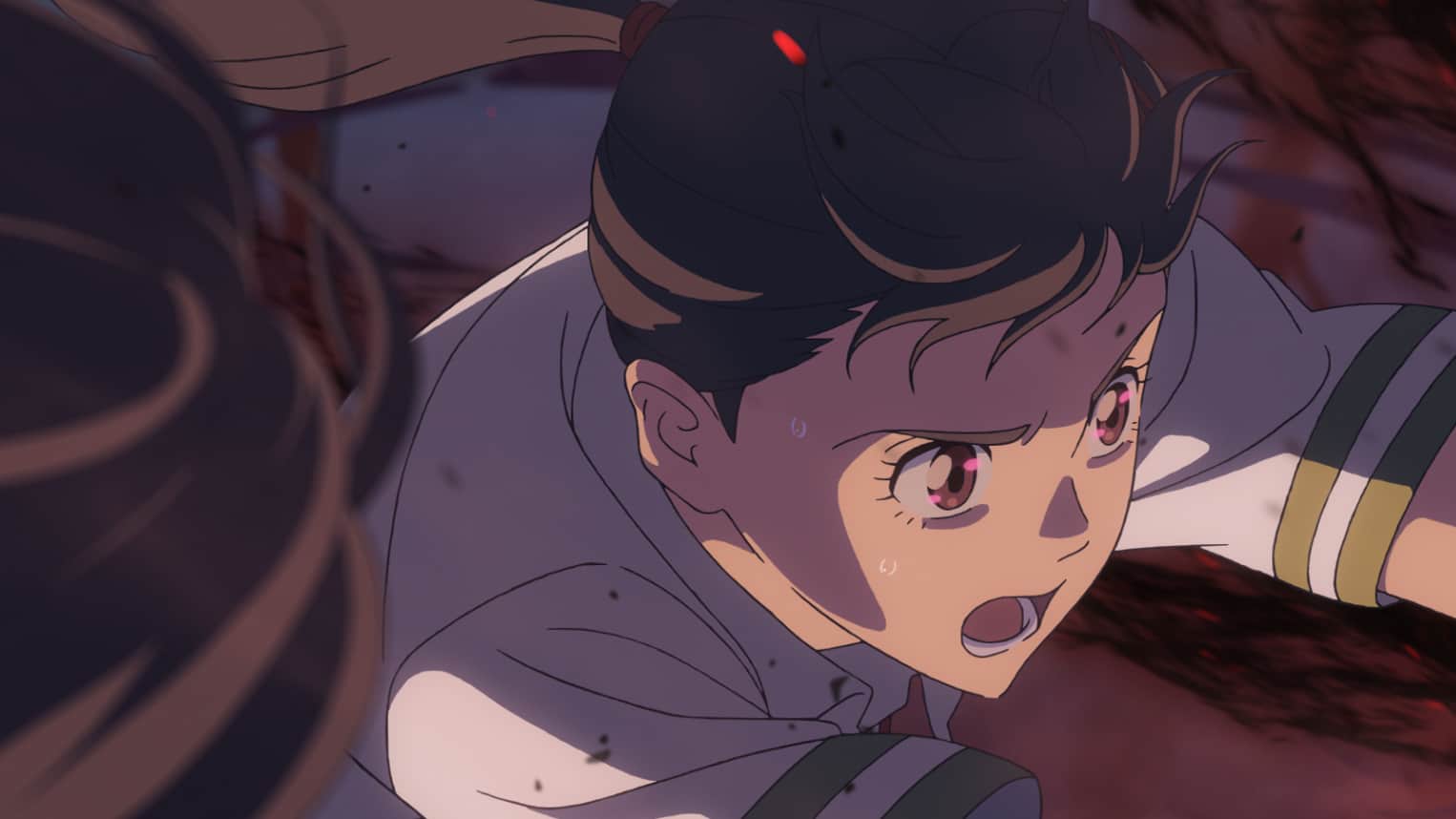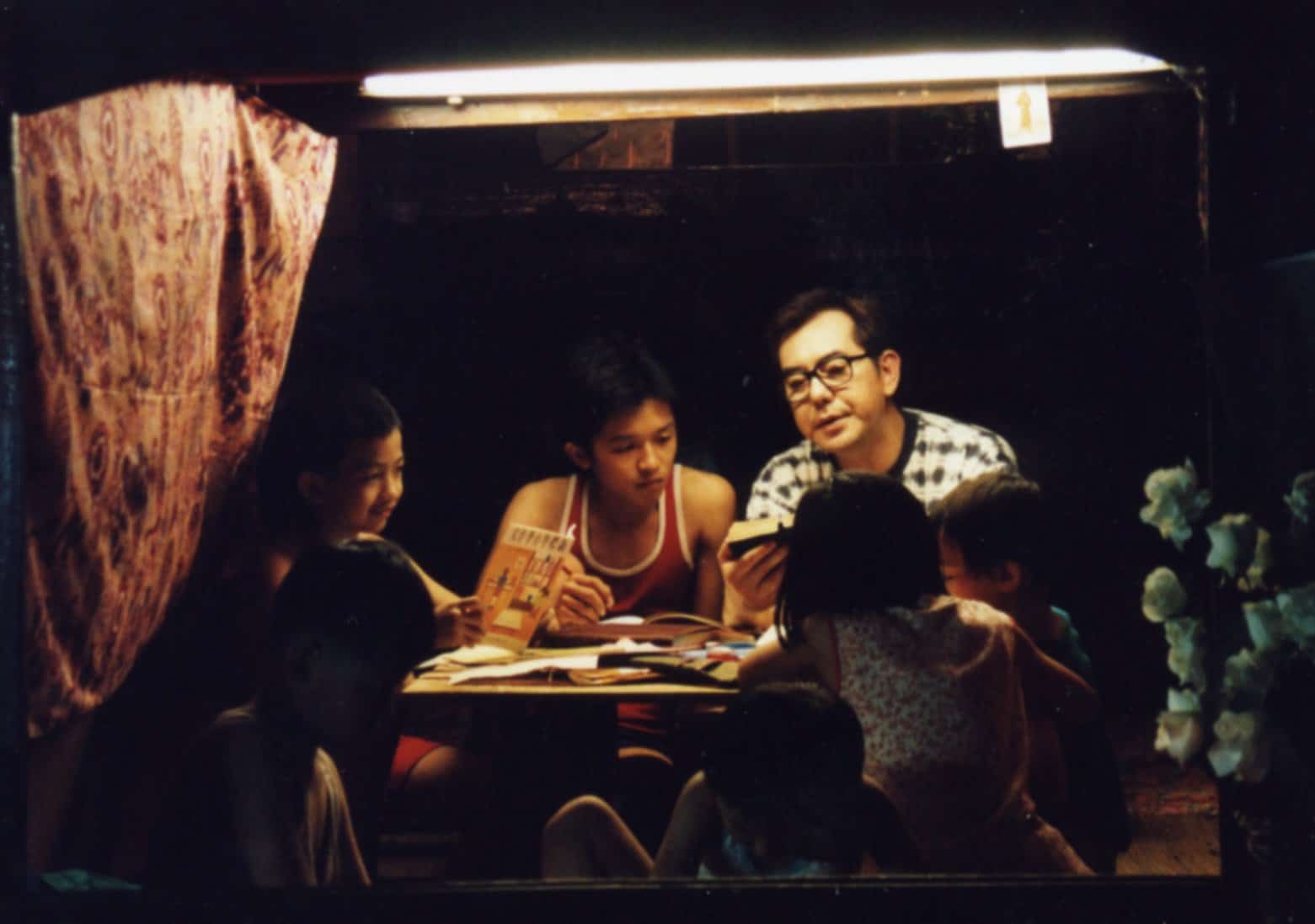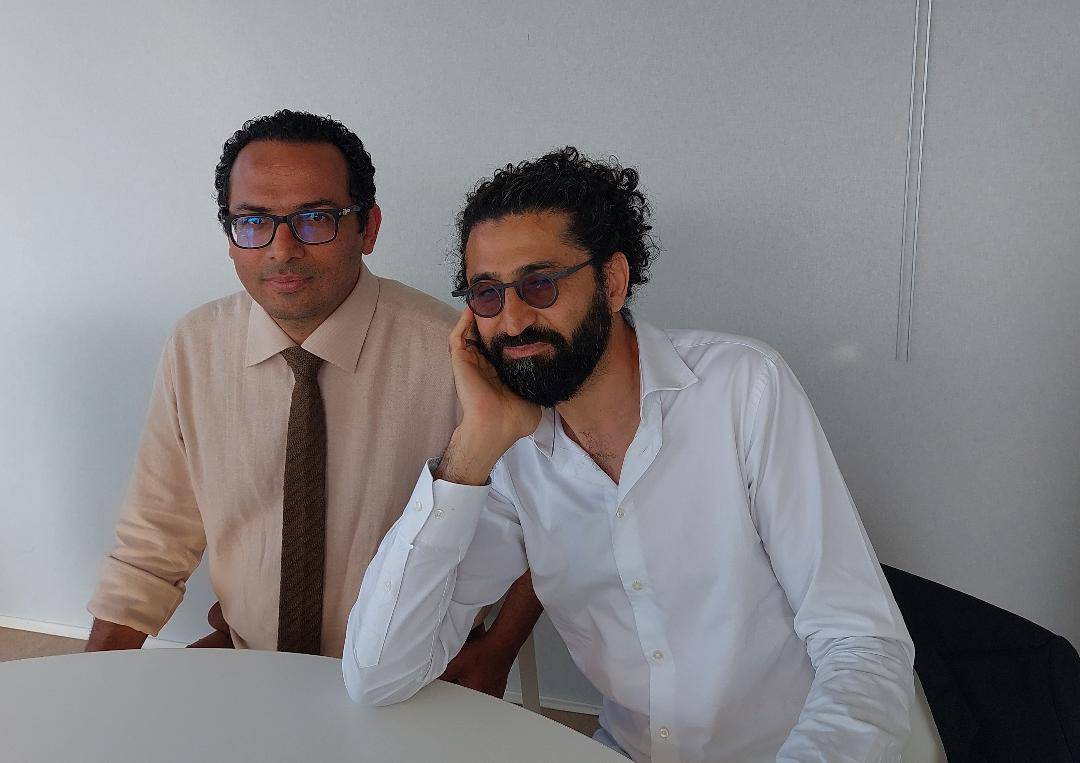by Khushi Jain
When some realities are defined by fear, unease and terror, it is only right that they be translated into cinema as is. This is the basis of Zarrar Kahn's “In Flames”, a drama of patriarchal oppression robed in horror. This eerie debut feature premiered at the 2023 Cannes Film Festival as part of Directors' Fortnight, and established itself as an authentic account of Pakistani womanhood through its spectral in(ter)ventions.
Hopeless is screening at Cannes
Death marks the beginning of the film and of its many ghosts. The passing of a patriarch doesn't wipe out his presence but makes it even more prominent. Mariam (Ramesha Nawal) and her family are left stranded since almost everything they have is under the dead grandfather's name. Danger also lurks in the form of a greedy and deceitful uncle, who is eager to worm his way in and take away as much of their meager wealth as he can. With her widowed mother Fariha (Bakhtawar Mazhar) and younger brother Bilal, 25 year old Mariam tries to navigate these challenges in a society that reduces women to a subhuman species.
Unnamed ordinary men penetrate Mariam's routine, smashing her car window and masturbating to her, among other similarly demeaning acts. The one redeemed male character is the Canada-return Pakistani student, Asad. Mariam and Asad quickly form a relationship and decide to head out to the beach for a romantic date by the sea. An accident on the way back completely changes the course of Mariam's life, triggering a series of disturbing hallucinations, panic attacks and nightmares.
The film is ideologically very much rooted in feminist politics and uses the unreal to represent the real. The (returning) ghost of Mariam's dead father welds trauma with the cultural beliefs in djinns, and Kahn uses him as a tool to speak about the patriarchy. As the younger brother, Bilal is insulated and perhaps also ignorant of everything that the women of the house go through. Suffering individually at first, Mariam and Fariha come together in the end as the daughter witnesses her mother's strength and the mother fights to restore her daughter's.
Kahn's direction not only comes from a place of empathy and sensitivity, but also simmering fury. The first half of “In Flames” is a slow burn psychological thriller that doesn't quite manage to achieve its ends. It is in the last few acts that the film not only picks up its pace but also finds its footing. The non-linearity of the narrative is ingenious and dances along with character development. Doused in sharp greens and reds, there is stunning visual engagement with the blurring of the human and the ghostly. Sound, similarly, contributes towards creating a haunting atmosphere. Karachi breathes in through the night, and little details like the radio playing in the background enhance the film's naturalism. Terror is signaled by two distinct sounds, a metal clang and an owl hoot. Co-edited by Kahn himself, creases are ironed out of jarring transitions and melted together to create a sense of uneasy smoothness perfect for this cinematic ecosystem.
The writing is at times stiff and too theatrical and it's good that “In Flames” relies less and less on dialogue as it progresses. Its frequent use of windows and doors in its storytelling is worth commending. As openings in walls, these elements are opportunities of crossing over thresholds, and of looking into and from the spaces in between. The movie itself is also an opening, diving into the rarely represented dark and dusty middle class neighborhoods of Karachi.
There are moments wherein Kahn is clearly overambitious. He introduces themes into the narrative at his convenience but never fully explores them (religion is a great example). This incompleteness is not overwhelming but definitely noticeable.
Although technically adept, “In Flames” depends on its actors to carry itself and the two newcomers take on this responsibility with great success. Nawal as Mariam is prudently restrained and expresses oceans with only her eyes. The complex and resolute Fariha is played by Mazhar who enriches her character with stubborn strength and seasoned grace. Much of the film rests on these two powerful performances.
A generation of ghosts inhabits “In Flames” and patriarchal oppression is exposed as a malignant legacy. Both Mariam and Fariha are haunted by their own demons. The movie draws attention to how fathers, husbands and lovers control the female psyche even after dying. It seems to rightly suggest that violence, pain and guilt are ingrained into the very fabric of femininity and unwillingly passed on from mother to daughter. The women of “In Flames” are driven to exorcize their ghosts and burn them to the ground. Through the horror genre, Kahn's film tells an important story that is bound to start conversations.


